Home>Garden Essentials>How Long Does It Take To Germinate Coffee Beans
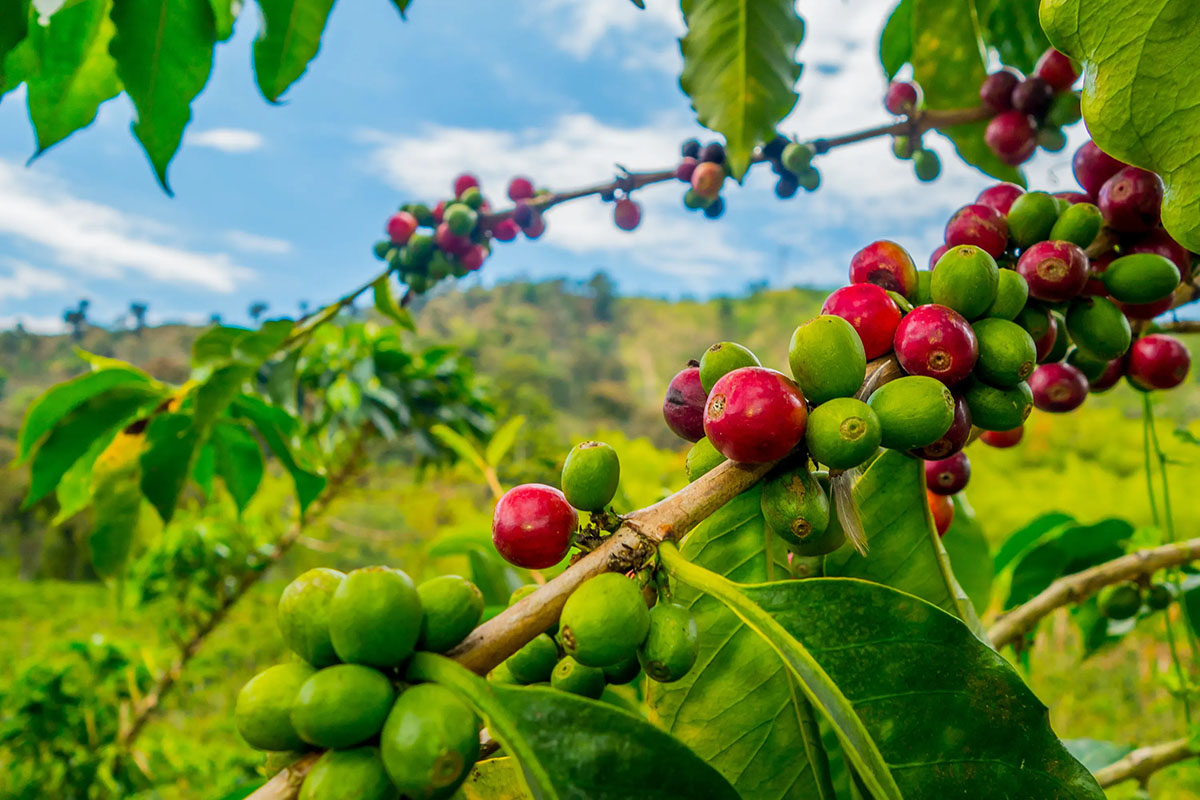

Garden Essentials
How Long Does It Take To Germinate Coffee Beans
Modified: May 6, 2024
Discover how long it takes to germinate and grow coffee beans in your garden. Get expert tips and advice for planting coffee beans and achieving a successful harvest.
(Many of the links in this article redirect to a specific reviewed product. Your purchase of these products through affiliate links helps to generate commission for Storables.com, at no extra cost. Learn more)
Introduction
Welcome to the wonderful world of coffee cultivation! If you have ever wondered about how those delightful coffee beans sprout and grow into the plants that eventually give you your morning caffeine fix, you’re in the right place. In this article, we will explore the fascinating process of germinating coffee beans and discover how long it takes for them to sprout.
Coffee beans, the seeds of the coffee plant, are the starting point for all the amazing flavors and aromas that make your favorite cup of joe so enjoyable. Whether you are a coffee enthusiast looking to try your hand at home cultivation or a curious mind intrigued by the natural wonders of the plant world, understanding the germination process of coffee beans can be both educational and fulfilling.
In the next sections, we will delve into the detailed steps of the germination process, factors that can affect the germination time, the average duration it takes for coffee beans to sprout, and some valuable tips to ensure successful germination. So, put on your gardening gloves and let’s dig deeper into the world of coffee bean germination!
Key Takeaways:
- Patience and care are key when germinating coffee beans, which can take 2-4 weeks or longer. Quality beans, consistent moisture, and darkness are essential for successful sprouting.
- Coffee beans, not actual beans, need warmth, moisture, and darkness to sprout. With proper care and patience, you can watch them grow into thriving coffee plants.
What Are Coffee Beans?
Coffee beans are the small, oval-shaped seeds found inside the fruit of the Coffea plant. These seeds are the source of the beloved beverage that has become an integral part of many cultures around the world. Coffee beans are harvested, processed, roasted, and ground to make the wonderful drink we know as coffee.
There are several species of Coffea plants, but the two most commercially important ones are Coffea arabica and Coffea robusta. Arabica beans are known for their superior flavor, delicate acidity, and aromatic characteristics. They are often considered the gold standard in coffee. Robusta beans, on the other hand, have a higher caffeine content, a stronger and more bitter taste, and are often used in espresso blends.
Inside the coffee cherry (the fruit), there are usually two coffee beans nestled against each other with their flat sides facing each other. However, occasionally, only one bean may develop. These beans are covered with a thin layer called the parchment, which needs to be removed before the beans can be roasted and brewed into coffee.
It is important to note that coffee beans are not actually beans; they are seeds. The term “coffee beans” arose due to the resemblance of the seeds to actual beans. So, the next time you enjoy a cup of coffee, remember that you are sipping a warm, invigorating elixir made from the seeds of a Coffea plant!
Germination Process
Germination is the process by which a seed begins to sprout and grow into a new plant. Coffee bean germination follows a similar process to other plant seeds, consisting of several key stages.
1. Seed Preparation: Before planting coffee beans, it is essential to ensure that they are of good quality and viable for germination. Fresh beans with intact parchment layers have a higher chance of successful germination. Soaking the beans in water for 24 hours can help soften the parchment, making it easier for the seedling to emerge.
2. Planting: After the soaking process, it’s time to plant the coffee beans. Create a suitable environment for germination, whether it be in pots, seed trays, or directly in the ground. Use a well-draining potting mix with good moisture retention and plant the beans about 1 inch deep.
3. Moisture and Temperature: To facilitate germination, it is crucial to maintain consistent moisture and temperature levels. Keep the soil evenly moist, but not waterlogged, throughout the germination process. Coffee beans prefer temperatures between 70-80°F (21-27°C) for successful sprouting.
4. Root Growth: The first signs of germination will be the emergence of a root from the coffee bean. This root, called the radicle, grows downwards into the soil to establish a solid foundation for the new plant.
5. Shoot Emergence: As the root continues to develop, a shoot will begin to emerge from the soil. This shoot will grow upwards, seeking light and energy for further growth. The emergence of the shoot marks the successful germination of the coffee bean.
6. Leaf Development: Once the shoot emerges, it will start to develop leaves. These leaves are crucial for photosynthesis, the process by which plants convert sunlight into energy. With proper care and favorable conditions, the coffee plant will continue to grow and mature.
It is important to note that not all planted coffee beans will germinate successfully. Factors such as seed quality, environmental conditions, and proper care play a significant role in the success of germination. However, by following the right procedures and providing the optimal conditions, you can increase the likelihood of successful coffee bean germination.
Factors Affecting Germination Time
The germination time of coffee beans can vary depending on several factors. Understanding these factors can help you better manage your germination process and ensure the best possible outcomes. Here are some key factors that influence the germination time:
1. Seed Quality: The quality and viability of the coffee beans have a significant impact on the germination time. Fresh beans that are firm, intact, and free from damage or disease will have a higher chance of quicker germination. Older or damaged beans may take longer to sprout or may not germinate at all.
2. Environmental Conditions: The environmental conditions, including temperature and moisture, play a crucial role in the germination time. Coffee beans require a warm and humid environment for successful sprouting. Optimal temperatures for germination are around 70-80°F (21-27°C). Inadequate temperature or moisture levels can significantly delay the germination process.
3. Light Exposure: Coffee beans do not require light for germination. In fact, complete darkness is often preferred during this stage. Exposing the germinating beans to direct sunlight or bright artificial light can inhibit growth, so it’s best to provide a dark environment until the shoots emerge.
4. Seed Dormancy: Some coffee beans may exhibit a period of dormancy before germination occurs. This dormancy can be due to factors such as genetics, seed coatings, or the presence of inhibitors. Scarification, a process that breaks down the seed coat, can help overcome dormancy and promote faster germination.
5. Seed Treatment: Pre-treating coffee beans before planting can help speed up the germination process. Soaking the beans in water for 24 hours can soften the parchment and encourage quicker sprouting. Some gardeners also use growth stimulants or hormone treatments to enhance germination rates.
6. Coffee Bean Variety: Different coffee bean varieties may have varying germination times. Arabica beans, for example, typically have a longer germination period compared to robusta beans. It’s important to research the specific variety you are growing to understand its unique germination characteristics.
It’s crucial to remember that each coffee bean is unique, and the germination time can vary even within the same batch. Providing the optimal conditions and giving the beans sufficient time to sprout is essential. With patience and attention to these factors, you can maximize the chances of successful germination and enjoy watching your coffee plants flourish.
Coffee beans typically take 2-4 weeks to germinate when planted. Keep the soil consistently moist and provide warmth for best results.
Average Germination Time for Coffee Beans
The germination time for coffee beans can vary based on several factors, as mentioned earlier. On average, coffee beans take about 2 to 4 weeks to germinate, but it can sometimes take up to 6 weeks or more. It’s essential to be patient and provide the optimal conditions for germination.
The germination time can depend on various factors such as seed quality, environmental conditions, and the specific variety of coffee bean. Arabica beans generally have a longer germination period compared to robusta beans. The exact time can also be influenced by temperature, moisture levels, and light exposure.
When the coffee beans are planted in a suitable potting mix, kept consistently moist, and provided with the right temperature range of 70-80°F (21-27°C), you can generally expect to see the first signs of germination within the first 2 weeks. This can include the emergence of a root (radicle) and the initial growth of a shoot.
Within the next couple of weeks, the shoot will continue to grow, develop leaves, and establish itself. Leaf development is an important indicator of successful germination and signifies that the coffee plant is on its way to becoming a healthy seedling.
While the majority of coffee beans will germinate within 4 weeks, it’s not uncommon for a small percentage of beans to take longer. Some factors like seed dormancy or variations in seed quality may contribute to this delayed germination process.
It is important to note that germination time is not an exact science and can vary from one batch of coffee beans to another. Factors such as seed quality, freshness, and environmental conditions can all influence germination time. Therefore, it’s important to monitor the progress of the seeds and provide consistent care throughout the germination period.
Remember to be patient and allow the coffee beans sufficient time to germinate. With proper care and attention, you will soon witness the magic of life growing from those tiny seeds, and before you know it, you’ll have your very own coffee plants thriving and ready to be cultivated for a future bountiful harvest.
Tips for Successful Germination
When it comes to germinating coffee beans, there are some key tips and techniques that can increase the chances of successful germination. By following these tips, you can create an optimal environment for your coffee beans to sprout and grow into healthy seedlings:
1. Start with Quality Beans: Begin with fresh and high-quality coffee beans that are intact and free from any damage or disease. Select beans that have not been stored for too long to ensure better germination rates.
2. Seed Preparation: Soak the coffee beans in water for 24 hours before planting. This helps soften the parchment and aids in quicker sprouting. You can also consider scarifying the beans by lightly scratching or nicking the outer coating, which can help break dormancy and promote faster germination.
3. Suitable Planting Medium: Use a well-draining potting mix that retains moisture without becoming waterlogged. This will provide a conducive environment for the beans to germinate. Avoid using heavy soils that can hinder root development.
4. Consistent Moisture: Water the beans consistently to keep the soil evenly moist throughout the germination process. However, avoid overwatering as it can lead to rot. Aim for a moist but not soggy environment, as excessive moisture can discourage germination.
5. Optimal Temperature: Maintain a temperature range of 70-80°F (21-27°C) for successful germination. Coffee beans thrive in warm conditions, so ensure that the planting area or germination space is kept at this temperature range. You can use heating pads or germination mats to help regulate the temperature.
6. Darkness is Key: Coffee beans do not require light during the germination process. Keep the planted beans in a dark environment until the shoots start to emerge. This will prevent the beans from getting exposed to unnecessary light and focus their energy on root and shoot development.
7. Patience and Observation: Germination can take time, so be patient and give the beans sufficient time to sprout. Monitor the progress regularly and make adjustments to the environment if necessary. Resist the temptation to disturb or move the beans frequently, as this can disrupt the germination process.
8. Avoid Overcrowding: When planting coffee beans, ensure that there is adequate spacing between each bean. Overcrowding can lead to competition for resources and hinder growth. Provide enough room for the roots to establish and for each seedling to develop properly.
9. Provide Adequate Ventilation: While maintaining a moist environment is important, it’s also crucial to ensure proper ventilation. Stagnant air can lead to fungal diseases. Promote air circulation by providing ventilation or using a fan on a low setting in the germination area.
10. Maintain Careful Transplanting: Once the coffee seedlings have reached an appropriate size, carefully transplant them into larger containers or into the ground. Handle the delicate roots with care to avoid damage. Gradually acclimate the seedlings to their new environment to reduce transplant shock.
By following these tips, you can greatly increase the chances of successful germination for your coffee beans. Remember to provide the optimal conditions of moisture, temperature, and darkness, and be patient as you observe the miraculous process of the coffee beans sprouting new life. With care and attention, you’ll soon have healthy coffee seedlings ready to be nurtured into coffee-producing plants.
Conclusion
Growing coffee plants from seed can be a rewarding and fulfilling experience, allowing you to witness the remarkable journey from a tiny bean to a thriving plant. Understanding the germination process and providing the optimal conditions can significantly increase the chances of successful sprouting.
Coffee beans, the seeds of the Coffea plant, require careful preparation, the right planting medium, consistent moisture, suitable temperatures, and darkness to germinate successfully. Factors such as seed quality, environmental conditions, and coffee bean variety can influence the germination time.
By following some key tips, including starting with quality beans, pre-soaking or scarification, using a well-draining potting mix, maintaining consistent moisture, providing optimal temperature, and ensuring darkness during germination, you can give your coffee beans the best chance of sprouting into healthy seedlings.
Patience is essential during the germination process, as it can take anywhere from 2 to 4 weeks, or longer, for coffee beans to fully germinate. Monitoring the progress, ensuring proper care, and avoiding unnecessary disturbances will contribute to successful germination.
As the coffee seedlings emerge and develop, they will grow into sturdy plants that can eventually be cultivated for a future harvest. With continued care and attention, these plants have the potential to produce delightful coffee cherries that can be processed, roasted, and brewed into your very own homemade coffee.
So, whether you’re a coffee enthusiast eager to explore the coffee cultivation journey or a curious mind intrigued by the wonders of plant germination, embarking on the germination process of coffee beans is a captivating endeavor. Enjoy the magic of life sprouting from those humble seeds and embrace the joy of nurturing your own coffee plants.
Remember, successful coffee bean germination is a combination of patience, knowledge, and care. Embrace the journey, savor the process, and soon enough, you’ll be rewarded with the joy of witnessing your very own coffee plants thrive and produce beautiful coffee cherries for years to come.
Curious about how other seeds sprout? After learning how coffee beans germinate, you might want to broaden your gardening know-how. Our next guide delves into different types of seeds and their journey from planting to sprouting. Whether you're a seasoned gardener or a newbie, understanding the germination essentials can significantly boost your gardening success. Don't miss out on these invaluable insights to ensure your garden flourishes year-round!
Frequently Asked Questions about How Long Does It Take To Germinate Coffee Beans
Was this page helpful?
At Storables.com, we guarantee accurate and reliable information. Our content, validated by Expert Board Contributors, is crafted following stringent Editorial Policies. We're committed to providing you with well-researched, expert-backed insights for all your informational needs.

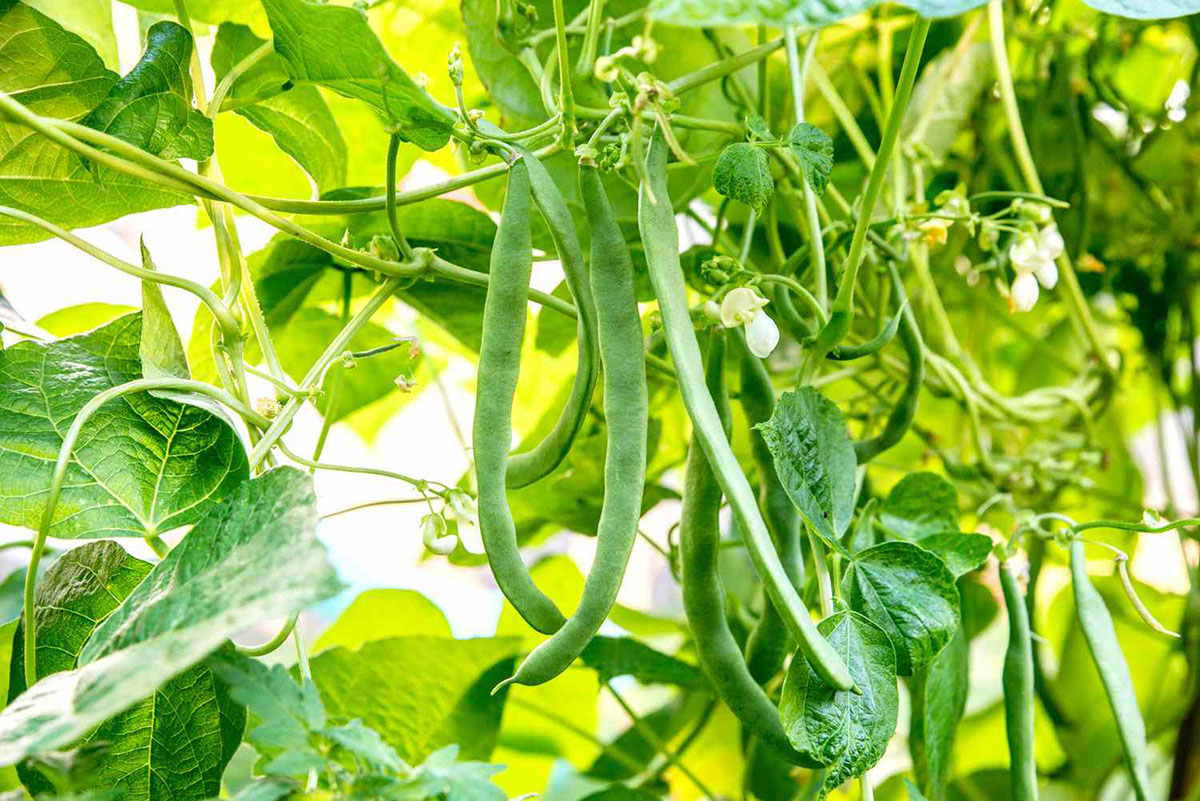
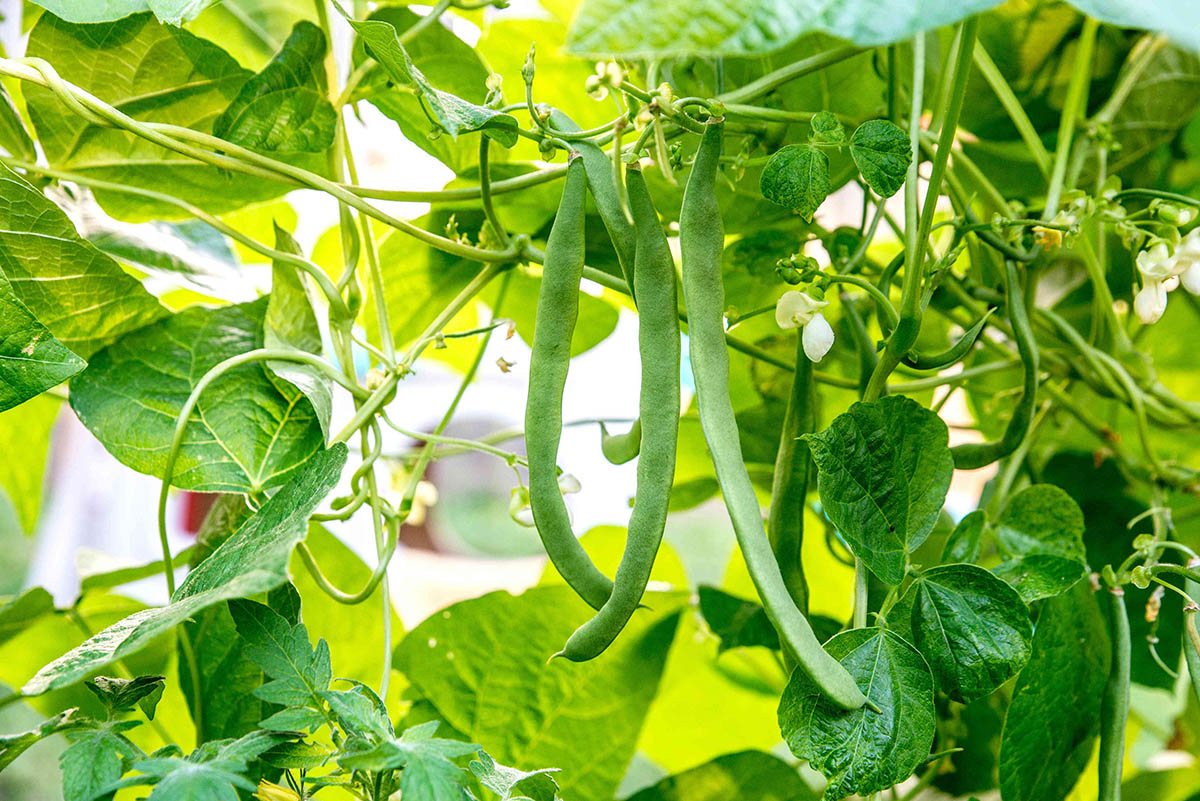
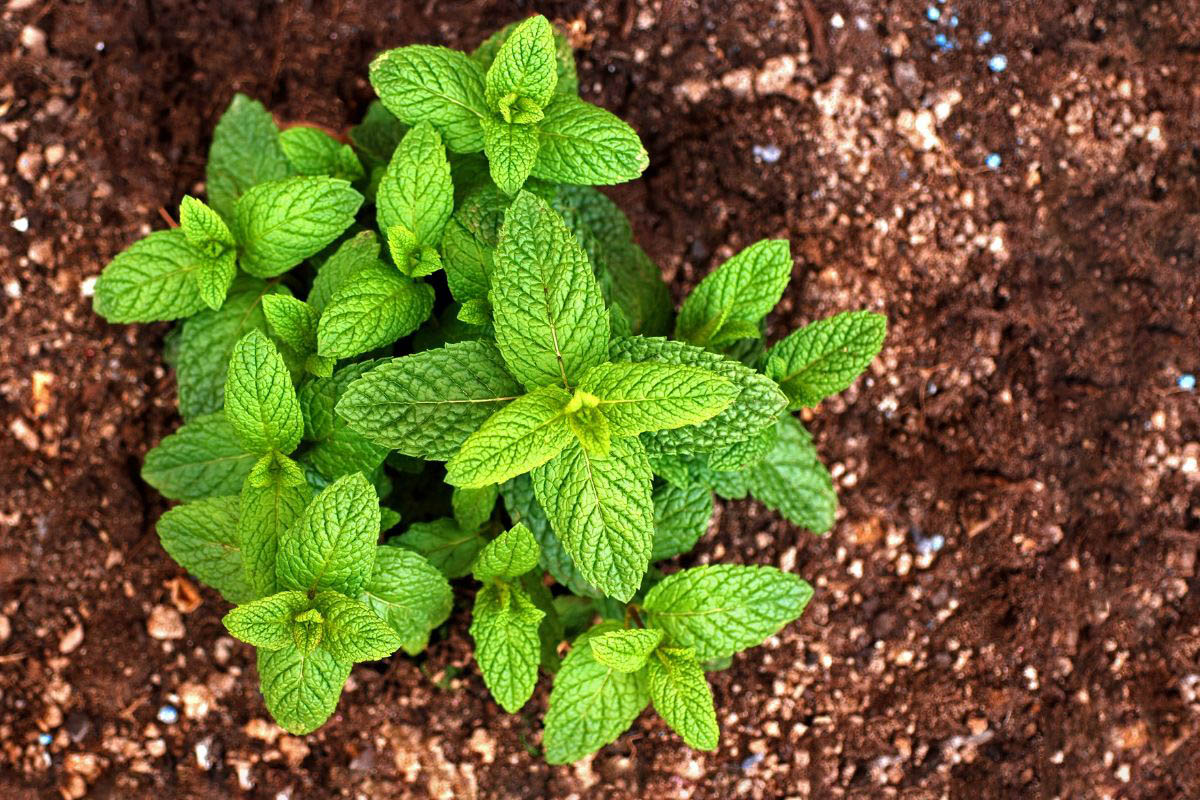
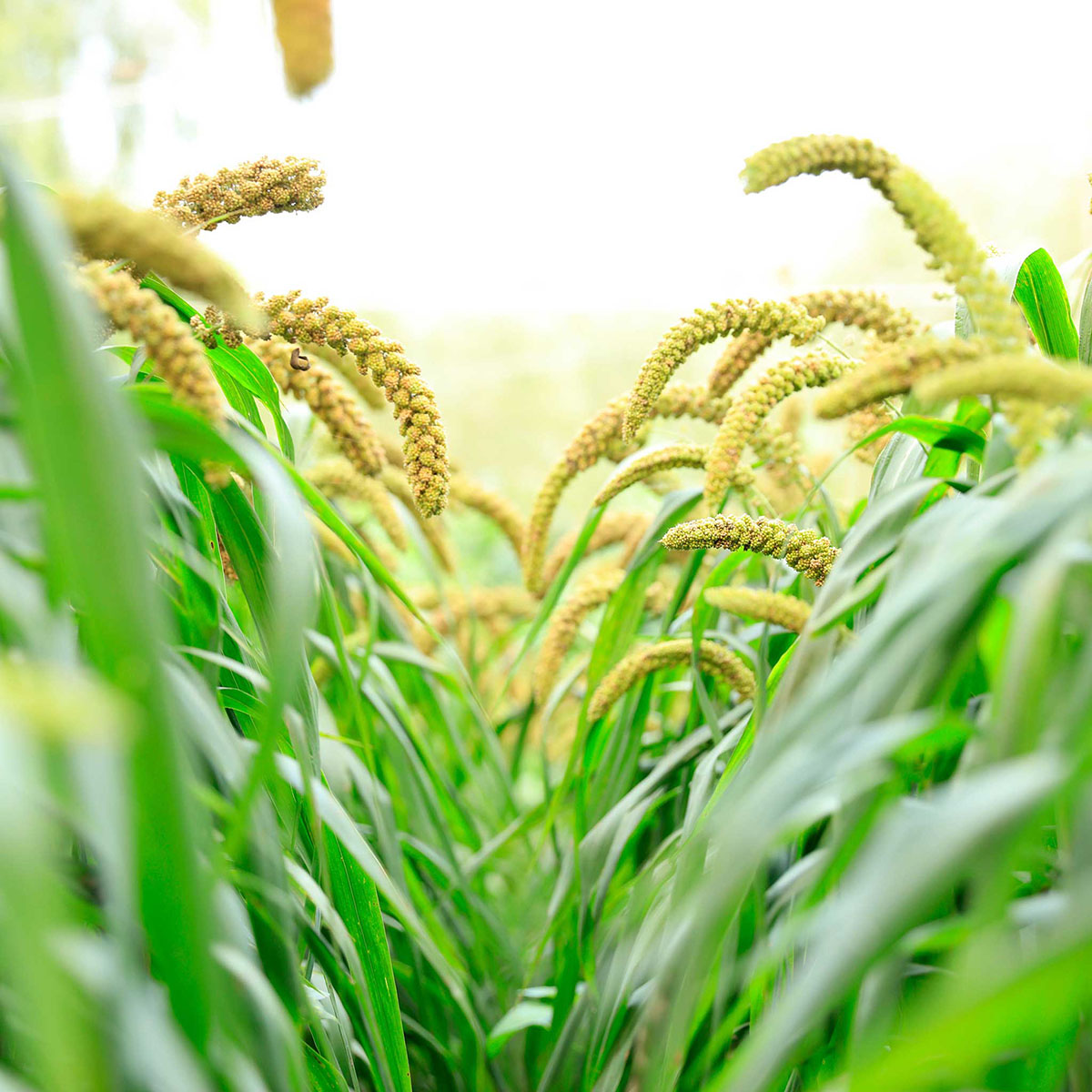


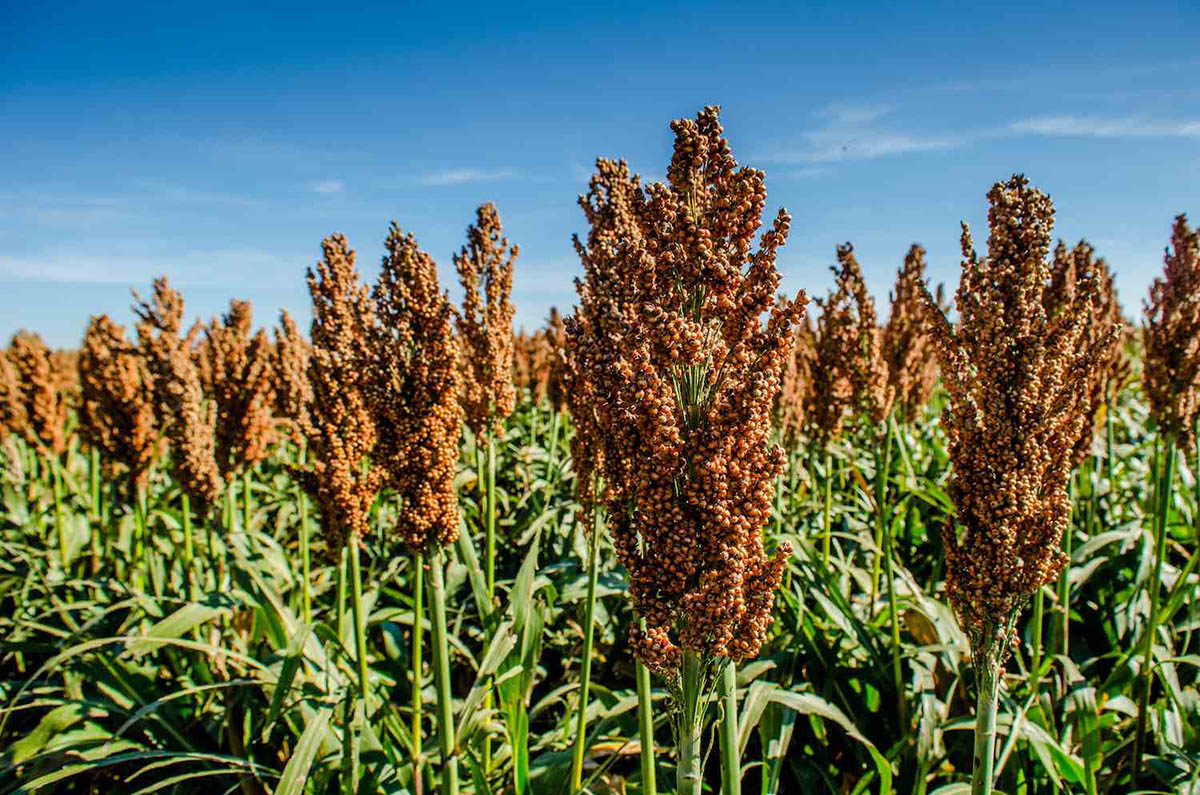


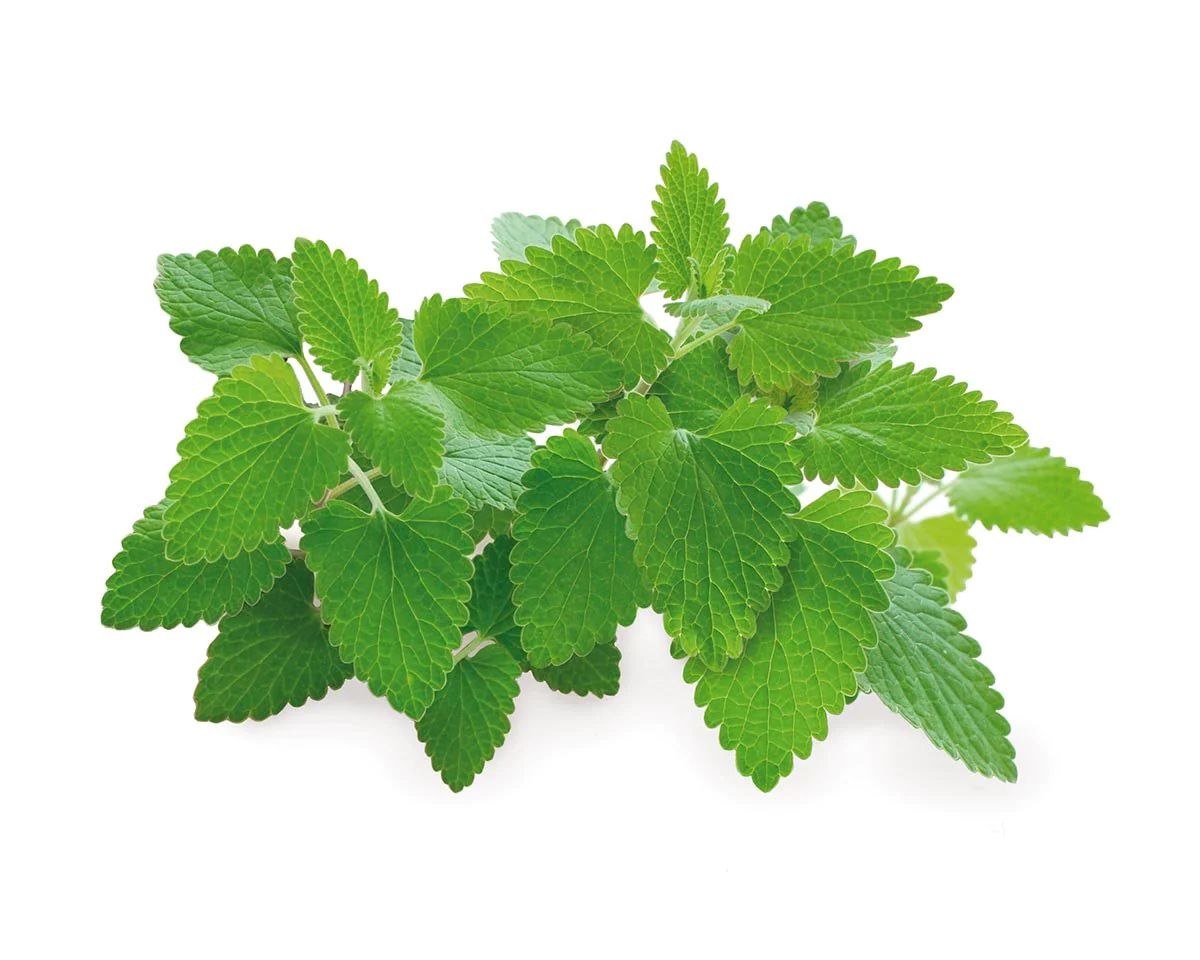
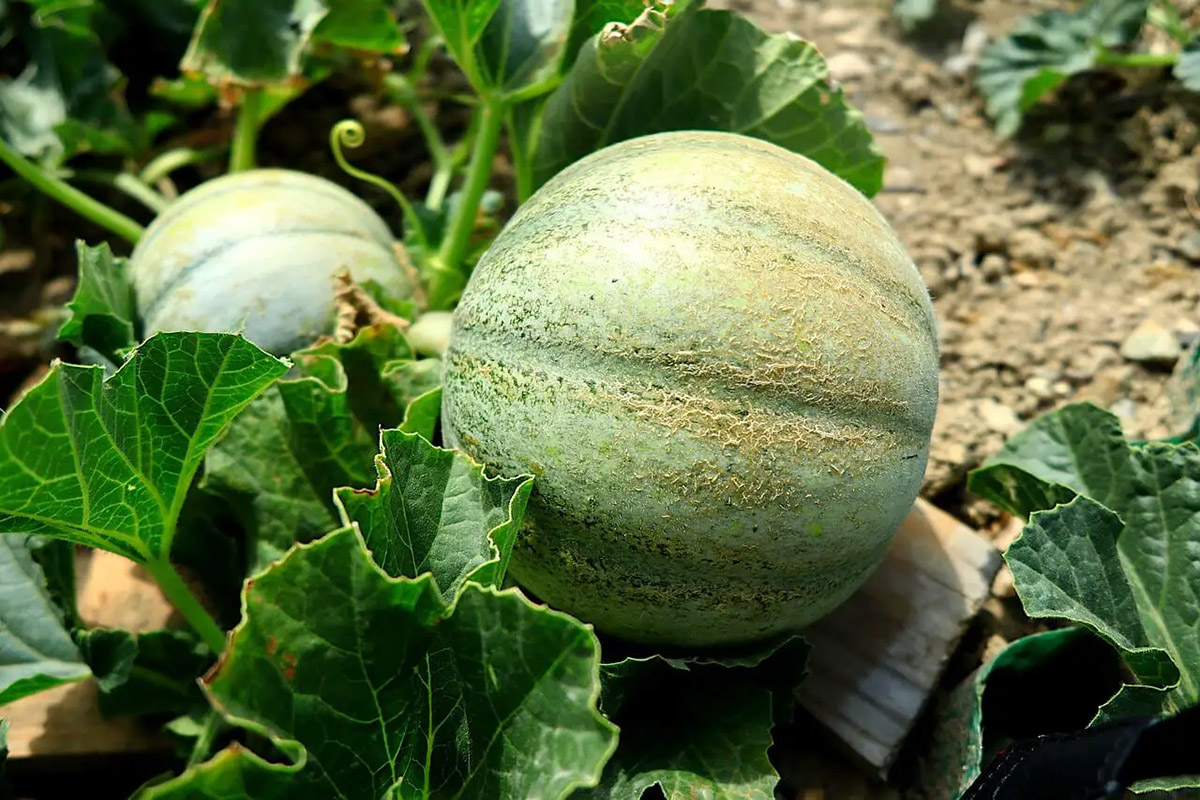
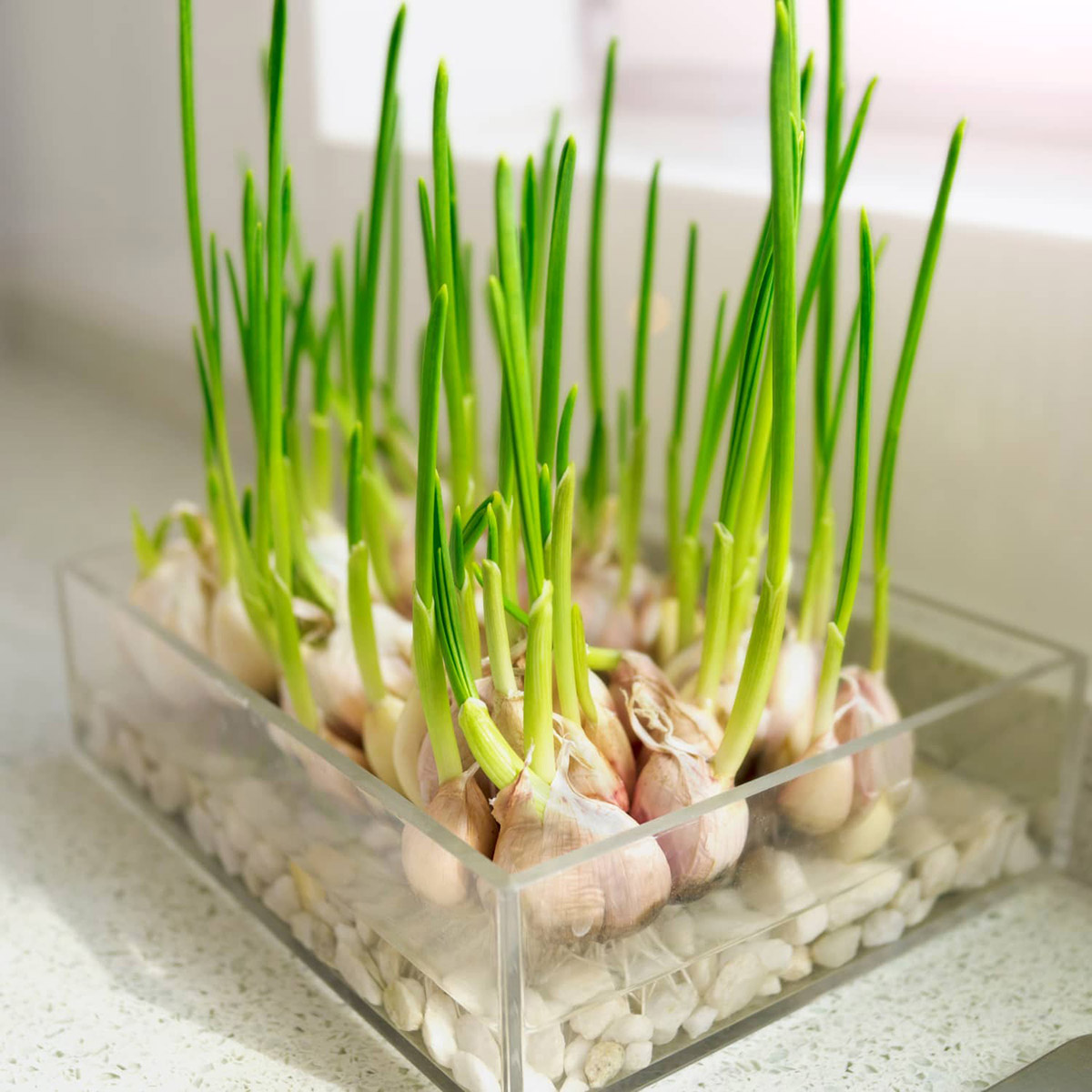


0 thoughts on “How Long Does It Take To Germinate Coffee Beans”